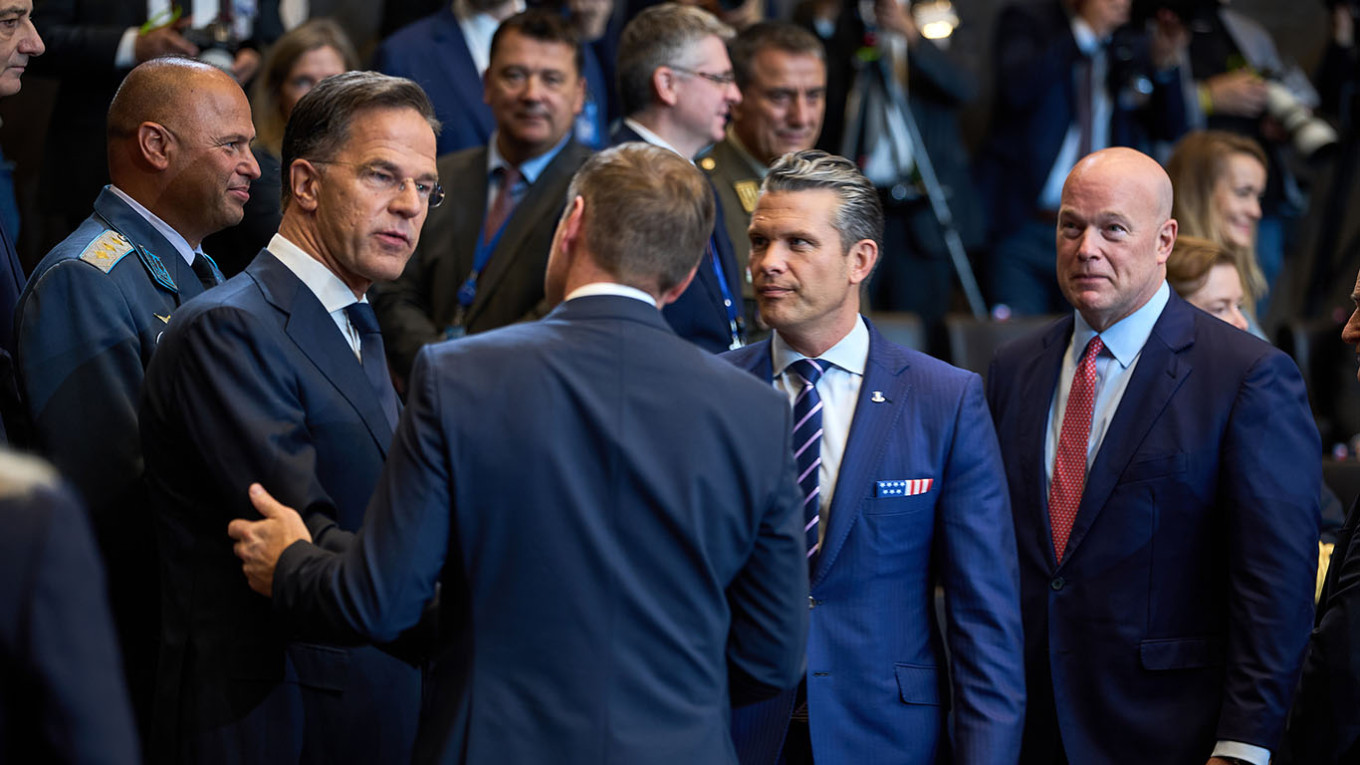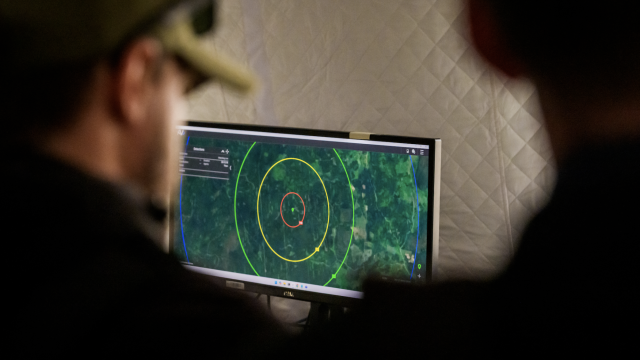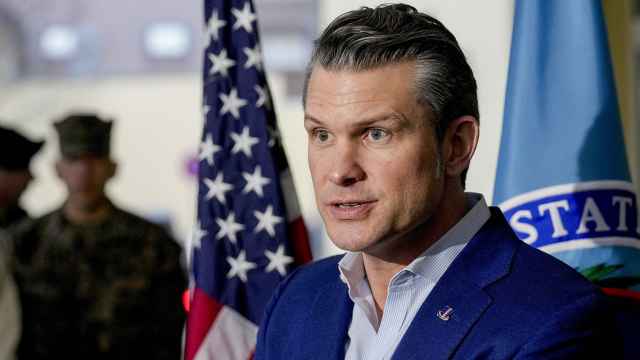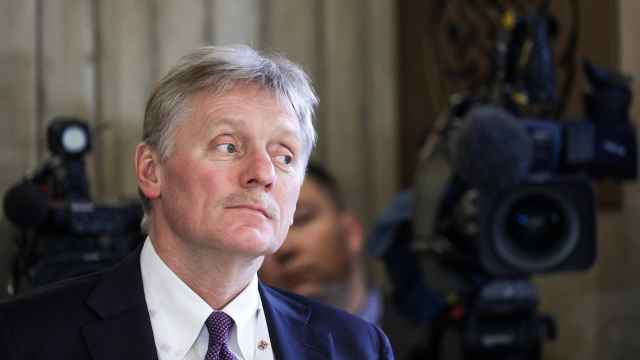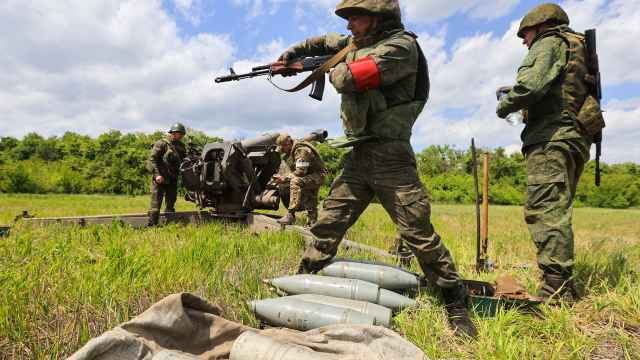BRUSSELS — NATO Secretary General Mark Rutte struck a bullish note at the end of a meeting of the alliance’s defense ministers, saying its military and 25-fold economic superiority would be effective in deterring Russian attacks on the continent.
“Let's not overstate what Russia is capable of,” he said at a press conference in response to a question from The Moscow Times. “We know that their fighter jet pilots are famously not successful in steering these fighter jets, and their captains do not know how to lower an anchor.”
This week’s meeting at the alliance’s headquarters was the first since Russian drone and aircraft incursions in Poland and Estonia prompted emergency meetings under Article 4 — and a wider string of airport disruptions across Europe.
NATO launched Operation Eastern Sentry between these incidents to improve readiness against further incursions or a full-scale attack.
A NATO military officer said that Allied Land Command was using Eastern Sentry as a test case for the Eastern Flank Deterrence Line, a plan to create a ground-based network of sensors and defenses to detect and intercept approaching craft.
The full-scale invasion of Ukraine forced NATO to address the wide variety of tactics and equipment used across its 32 members, which risked complicating states' ability to work together in a crisis.
Notably, the alliance plans to standardize the equipment in its Eastern Flank Deterrence Line for easier cooperation.
But disagreements over how countries should respond to potential threats have come to the fore amid the recent spate of aerial incursions over European members.
While Polish officials warned they would shoot down encroaching Russian aircraft, Rutte said before the meeting that the focus should be on escorting aircraft out of the airspace.
Lithuanian Defense Minister Dovilė Šakalienė told reporters that her country had removed the requirement for political approval to be given to shoot down Russian aircraft.
But while Lithuania has ground-based air defenses, its air policing is currently led by Hungary and Spain. Rutte warned earlier this week that limitations countries place on the use of their weapons could make a response to an incursion less effective.
Also on the agenda was signing up more countries to the Prioritized Ukraine Requirements List (PURL) initiative in which countries buy military aid from the United States’ stockpiles. U.S. Defense Secretary Pete Hegseth called on countries to ramp up their spending under the program.
Prior to the meeting, six member states had pledged to take part, a number that rose to at least 16 by the end of the day.
Rutte did not specify which countries had not announced a contribution, nor specific figures about how much money had been pledged.
Several defense ministers expressed irritation at some alliance members’ track record of low levels of defense spending and aid to Ukraine.
Data from the Kiel Institute, which tracks international support for Kyiv, found that military aid to Ukraine fell sharply by 43% in July-August compared to the first half of the year.
Two NATO officials told The Moscow Times on condition of anonymity that they did not know how the researchers reached their conclusion.
Sweden, Estonia and Finland have pledged to increase spending under the program, but some of NATO’s wealthiest members are yet to sign up.
British Defense Secretary John Healey said after the later meeting of the Ukraine Defense Contact Group that London was not joining the initiative, but did not rule it out in the future. He told journalists that Britain was spending more money on supporting Ukraine than ever before and could make its own unique contributions.
The urgency for military support to Ukraine has risen following reports that Russia has upgraded its missiles to evade the country’s air defenses, destroying half of Ukraine’s natural gas production ahead of what is expected to be a cold winter.
A Message from The Moscow Times:
Dear readers,
We are facing unprecedented challenges. Russia's Prosecutor General's Office has designated The Moscow Times as an "undesirable" organization, criminalizing our work and putting our staff at risk of prosecution. This follows our earlier unjust labeling as a "foreign agent."
These actions are direct attempts to silence independent journalism in Russia. The authorities claim our work "discredits the decisions of the Russian leadership." We see things differently: we strive to provide accurate, unbiased reporting on Russia.
We, the journalists of The Moscow Times, refuse to be silenced. But to continue our work, we need your help.
Your support, no matter how small, makes a world of difference. If you can, please support us monthly starting from just $2. It's quick to set up, and every contribution makes a significant impact.
By supporting The Moscow Times, you're defending open, independent journalism in the face of repression. Thank you for standing with us.
Remind me later.



